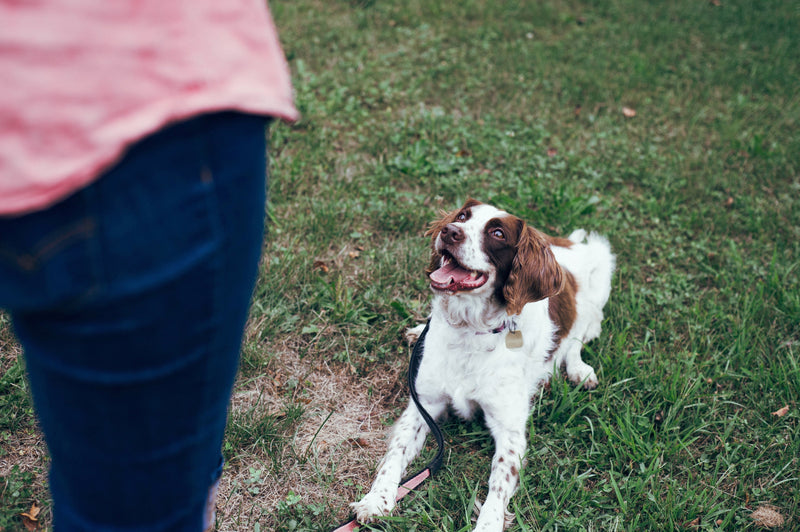
Understanding Dog Aggression Towards Mirrors: Causes and Solutions
Share
Have you noticed your furry friend exhibiting unusual aggression towards mirrors? This odd behavior, referred to as dog aggression towards mirrors, is more common than one might think, leaving many pet owners confused. It's crucial to understand the underlying reasons and how to manage this behavior effectively, especially for conscientious owners who aim to promote their pet's well-being.

The Puzzle of Dog Aggression Towards Mirrors
Dog aggression towards mirrors can leave many pet owners scratching their heads. While it may be amusing to watch your dog bark or growl at their reflection, addressing this behavior is vital for their overall mental health.
For dogs, mirrors can be perplexing. What they see is a reflection of themselvesanother 'dog' that behaves exactly like them, which can trigger instinctual reactions, leading them to believe there's a stranger in their territory. This perception can provoke aggressive responses, which is a natural instinct for many dogs.
What Triggers Aggression in Dogs When They See Their Reflections?
Dogs primarily rely on their senses of smell and hearing to navigate the world around them. The sudden appearance of a 'silent' companion in a mirror can be disorienting since it lacks the usual scent or sound cues. This confusion might trigger defensive or aggressive behaviors as they instinctively react to protect their space.
Moreover, individual personality plays a significant role; some dogs are simply more territorial or anxious, making them more likely to react aggressively to visual illusions like reflections.
Managing the Behavior: Effective Solutions
Tackling dog aggression towards mirrors can be managed through several strategic techniques that can be smoothly integrated into your everyday pet care routine:
Desensitization Strategies
Gradual exposure is essential. Allow your dog to see its reflection, then redirect their attention with treats or toys, reinforcing calm behavior through positive reinforcement. Keep training sessions brief and frequent to help build tolerance.
Positive Reinforcement
Promote positive interactions by rewarding calm responses when your pup encounters its reflection. This can be accomplished with clicker training, where the sound of a click followed by a treat helps in conditioning desired behavior. For further insights, check this article on why dogs might bite their paws.
Distraction Techniques
Redirecting your dog's attention away from the mirror can also be effective. Engage them with their favorite games or introduce interactive toys to divert their focus.
Understanding and addressing dog aggression towards mirrors is vital for fostering a stress-free environment for your dog. Each dog is unique, requiring patience and a customized approach to behavior management. Continuous observation can help you find the most effective strategies for your pet. If these issues persist, seeking assistance from a professional trainer might be beneficial.

FAQs
What if my dog's aggression towards mirrors remains unchanged?
If you see no improvement after trying various strategies, it may be wise to consult a professional dog trainer or behaviorist. They can offer insights specific to your dog's circumstances.
Can mirror aggression indicate other behavioral issues?
Indeed, it can reveal underlying anxiety or aggression problems. Monitoring your dog's behavior in various situations may help uncover broader behavioral patterns.
Are some dog breeds more prone to mirror aggression?
Certain breeds known for being territorial or highly anxious might be more susceptible, but this behavior can potentially manifest in any dog, regardless of breed. It often comes down to individual personality traits rather than breed characteristics.
For more thorough training resources, consider this comprehensive training guide that offers tips for successful dog training.
This article contains affiliate links. We may earn a commission at no extra cost to you.
